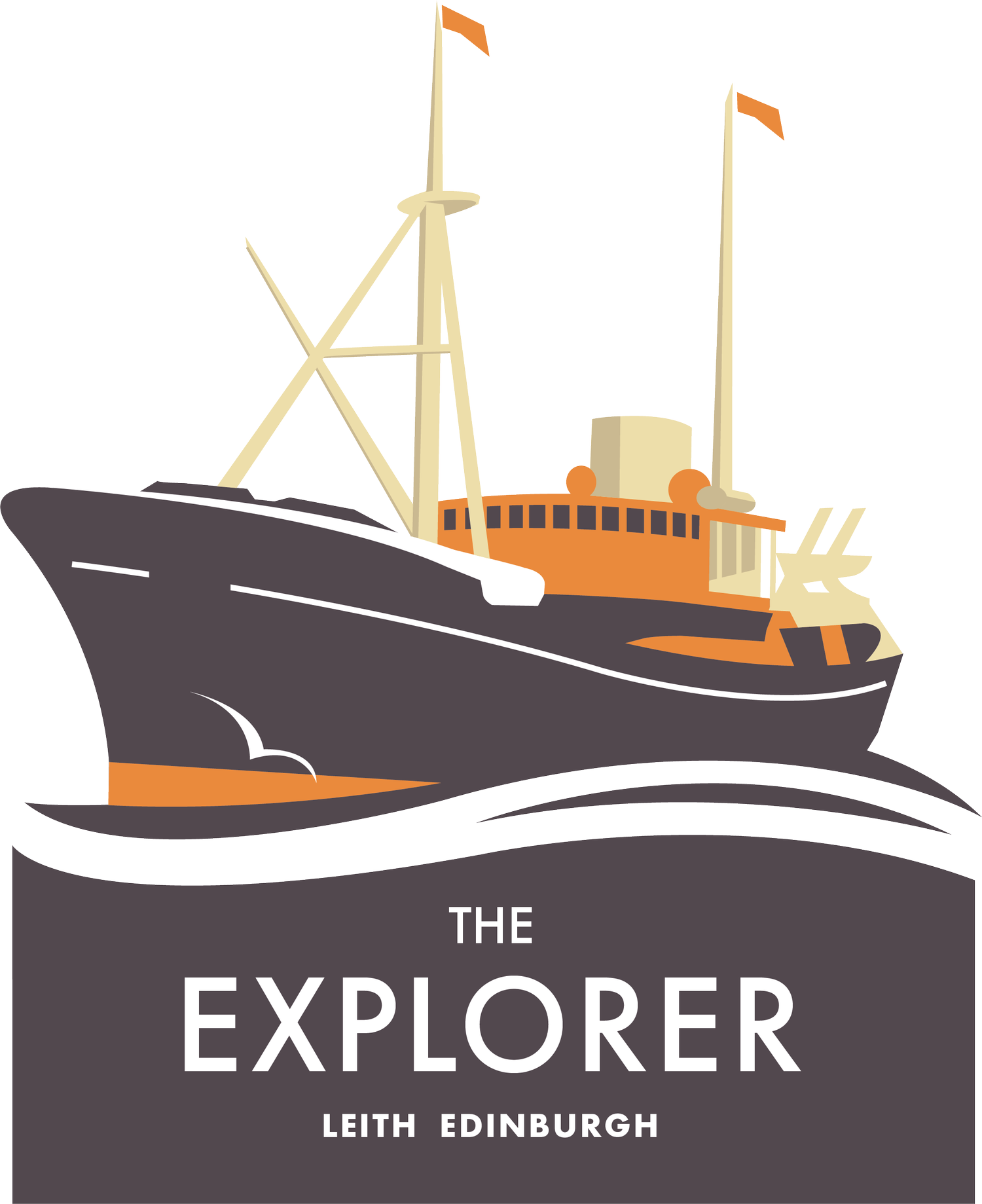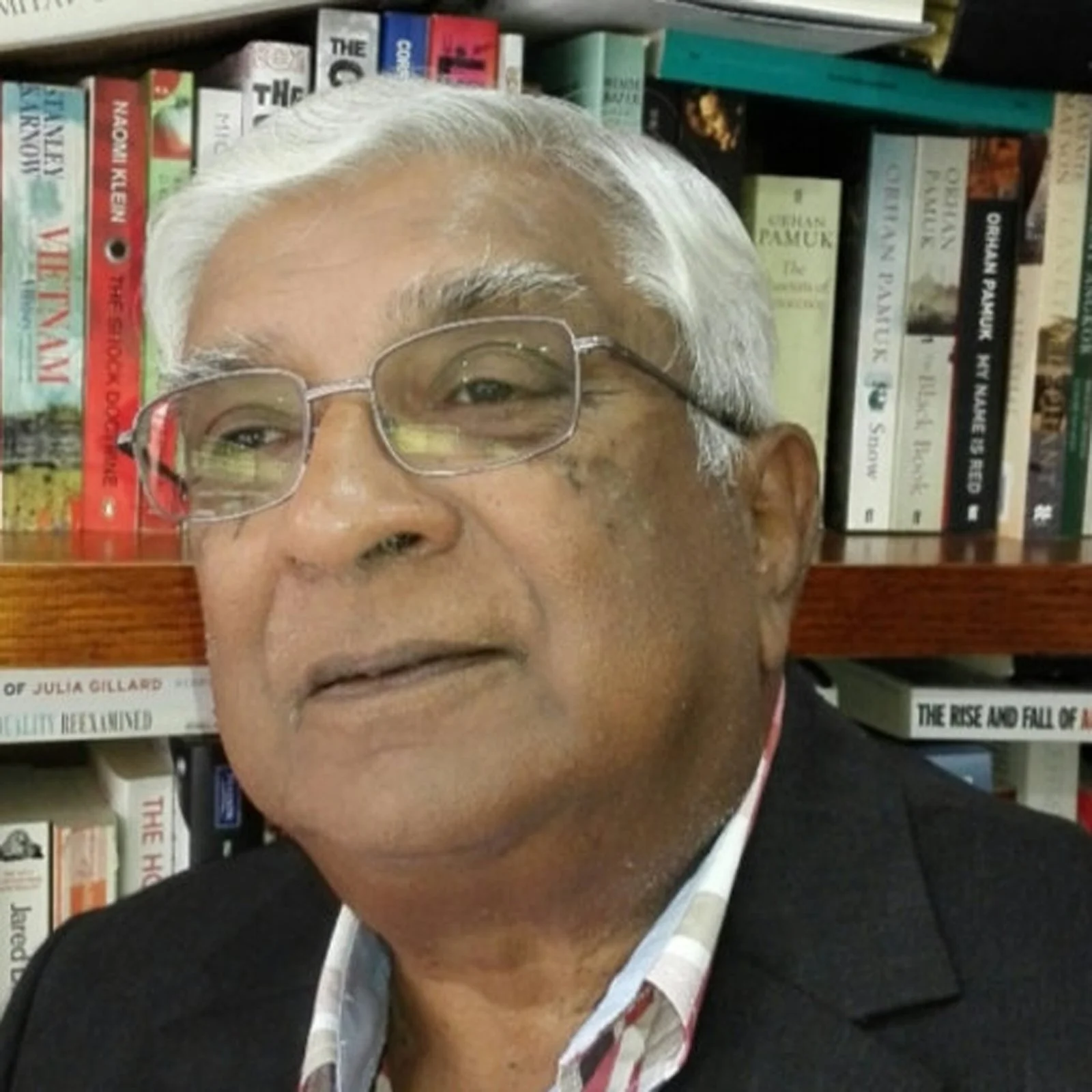Prof Sena S. De Silva
(1946 - 2020)
Sena left an enormous legacy to the aquaculture sector in its entirety; a legacy directly touching and benefitting aquaculture science, academia and scholarship, aquaculture real‐world policies and practices and most importantly, aquaculture people.
Sena studied at the University of Ceylon, in Sri Lanka, and then in 1973 obtained his PhD at the University of Stirling with a thesis on the ‘Clupeid populations of the West Coast of Scotland’. Then, Sena returned to Sri Lanka and started working as a lecturer at Vidyalankara University (1973–1978).
He took a professor position at University of Ruhuna (1978–1988), where he also held a series of senior roles, and in 1989, Sena went to National University of Singapore, with a Visiting Commonwealth Professorship. In 1991, Sena moved to Australia and took a senior lecturer position at Deakin University, at the Warrnambool Campus. His career at Deakin then progressed quickly, obtaining a personal chair and full professorship in 1997. Ten years later, and as an excellent example of ‘do what you preach’ (from theoretical, scientific work, to hands‐on real‐world implementation, extension and capacity building) in 2006, Sena decided to leave academia and took the position of Director General, at the Network of Aquaculture Centres in Asia‐Pacific (NACA) in Bangkok. In 2011, Sena ‘officially’ retired and returned to Australia where he continued to be very active in his research and scholarships endeavours, with some of his papers being currently in press.
Throughout his career, Sena received numerous awards, including the first ever Doctor of Science from University of Stirling (1989) and an honorary Doctor of Science from University of Ruhuna In 1996, Sena’s contributions to aquaculture and inland fisheries were also recognised by many awards outside of academia, such as the Honorary Life Membership of the World Aquaculture Society, a Gold Medal Award and Honorary Life Membership by the Asian Fisheries Society among many others.
Sena was a true academic, excelling at both education and research, and his academic contribution, as a researcher and an educator, was immense. As a teacher and mentor, Sena had the unique ability to identify potentials in people. Sena’s students can now be found in nearly every country where aquaculture is practiced, and many now are in high‐level positions in governmental agencies, industry, and academia.
Sena’s had several research interests where he was most active, fish nutrition and reservoir fisheries management. But the most interesting aspect of Sena’s publication track record is the diversity and depth of his work. In fact, the work of Sena contributed to the advancement of aquaculture in a variety of scientific aspects, from fish nutrition to climate change, aquaculture and environment interactions, reservoir management, inland fisheries, biodiversity and alien (non‐native) species, responsible aquaculture practices, reproduction and fish biology.
‘What’ Sena did in his professional career was exceptional, but ‘how’ he did it was possibly even more special and important. He did it well, with grace, good humour, gentleness, dignity, compassion, skill, integrity and charm, and leaves behind for all of us working in the aquaculture sector an even greater legacy, and an example to aspire to.


